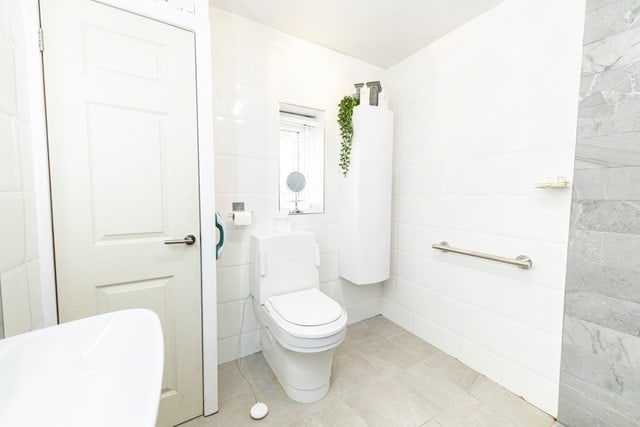Government confirms next steps on plans to raise minimum home accessibility requirements

New homes will be more accessible for older and disabled people, as the Department for Levelling Up, Housing and Communities (DLUHC) has confirmed plans to raise the accessibility standard.
All new homes will now be required to have step-free access to all entrance level rooms and facilities as well as further features to make homes more easily adaptable over time, supporting people to live independent lives.
It follows a 2020 consultation about raising accessibility standards for new homes. The consultation proposed staying with the existing framework for accessible housing, reconsidering the way existing standards are used or raising the minimum standard.
Responses were significantly in favour of raising the minimum accessibility standard. From over 400 responses to the consultation, an overwhelming 98 percent supported government’s intention to raise accessibility standards of new homes.
The most favoured options were the two that included mandating a higher accessibility standard. Read the full consultation response here.
The UK Government says it is now committing to raising the minimum standard, giving people the dignity and security they deserve at home.
Holly Holder, Co-Chair of the Housing Made for Everyone (HoME) coalition, said: “We warmly welcome the government’s decision to raise the minimum accessibility standard as a positive step towards resolving the significant shortage of accessible and adaptable new homes in this country.
“Raising the standard of accessibility has the potential to change millions of lives but only if executed well and with very limited exceptions to the way the revised regulation is applied. Homes with higher accessibility standards benefit everyone, particularly disabled people and older people, and disadvantage no one.”
DLUHC has confirmed that a second consultation will be carried out in due course. It will cover the detail of the regulatory changes, including updates to statutory guidance, as well as the circumstances where exceptions to applying the higher standard will apply.
Home adaptation professionals are currently being invited to share examples of best practice to help inform international research. The paper will also examine the key role assistive technologies can support healthy ageing at home in a global context. Find how to submit good housing adaptation evidence to the paper here.

